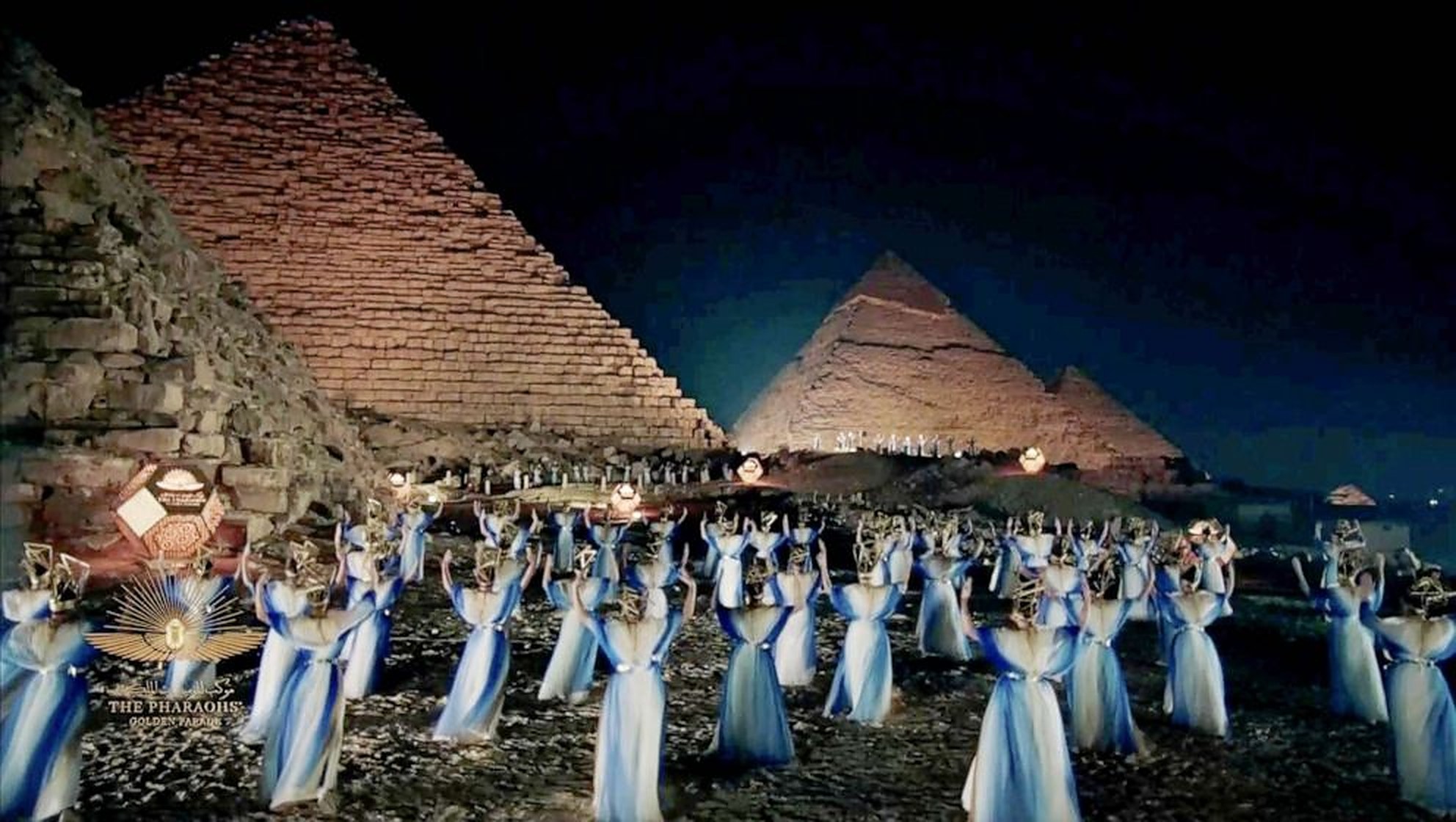
It is understandably difficult to belong to any place that is far away, especially if you never grew up there or spent a good amount of years living in the country to understand its people and culture.
As a parent of an Egyptian child who lives abroad, living between two cultures can be confusing and a little overwhelming. At any point in time, you might find yourself favoring one culture over another, or slowly losing connection and memory of one without even realizing.
But even in our globalized world today, culture and heritage still play a huge role in shaping everyone’s identity. For instance, there has been increasing recognition of Indigenous people globally, as President Joe Biden this year recognized Indigenous Peoples’ Day for the first time for an American President. Western culture is also no longer as supreme and dominant as it used to be, with Korean and Latin cultures now becoming more mainstream through their music and drama.
We are slowly realizing that diversity and inclusion are not just ‘trending words’, but have also gradually become guiding principles in how we organize our societies. Egypt, moreover, as the gateway between Africa and the Middle East, has always been characterized by the richness of its diversity and various interactions with other cultures. Young Nubians today have built their own foundations to promote their indigenous language and culture, as exemplified by NubiYouth and NubianGeographi.
Raising an Egyptian child abroad means that you are also promoting values of diversity and tolerance as you are allowing people from foreign countries to discover the charms of Egypt even if they never visited it. This is the true beauty of knowing our heritage and history: to share it to the world and create cultural exchange, not to aggressively boast about it.
We’ve compiled a few tips on how to teach your child on Egyptian heritage and culture.
Start with food, and incorporate it with national holidays like Sham El Nessim
There is no language simpler and more pleasing than the language of food. Before you try to make them learn the actual language, start with helping them discover the other languages that are not based on words.
Give them a taste of Egypt’s best foods, and make sure to incorporate it with national holidays. For instance, Egyptians like to celebrate Sham El Nessim (Spring or Easter holidays in the West) with salted fish, green onions, boiled eggs and lettuce. Every year, Egyptian families organize an afternoon picnic in a public park or by the Nile, and a main favorite snack they bring with them is also termes (lupini beans).
Egypt is also famous for its classic Egyptian foul (fava beans) with a freshly minted cup of tea. Every weekend morning, prepare some fava beans mixed with a salad, falafel, boiled eggs and pita bread. Weekend mornings are good opportunities to cultivate a ‘family’ feel , they also help in creating a routine that can be remembered for years.
Try to also involve children in the cooking process as well as sharing with them recipes for them to try on their own. Egyptian Streets have several recipe articles for traditional Egyptian dishes, such as Koshari and 3 Traditional Egyptian Household Recipes to Master at Home.
Introduce cultural icons
One of the strongest ways to form connections with any place is through people. Individuals carry stories that can inspire and shift minds, and this is why cultural icons are so influential in acting as intemporal ambassadors for their home countries.
If your children are interested in sports, let them learn about all the sport icons that were famous throughout history, from Mohamed Salah to Essam El-Hadary. In film and music, Egypt was famous for its famous divas that were often compared to Hollywood icons such as Marilyn Monroe. You can check out some of Egypt’s female cultural icons in the article ‘Some of Egypt’s Top Female Leading Ladies of the Silver Screen: Then and Now’. Renowned feminist activists like Doria Shafik, Nawal El Saadawi and Huda Shaarawi are also great icons to show Egypt’s history of social change across the years, and how this continues to evolve overtime. There are also dancers, such as prima ballerina Magda Saleh and Mahmoud Reda, which have shaped Egypt’s art and cultural scene for years.
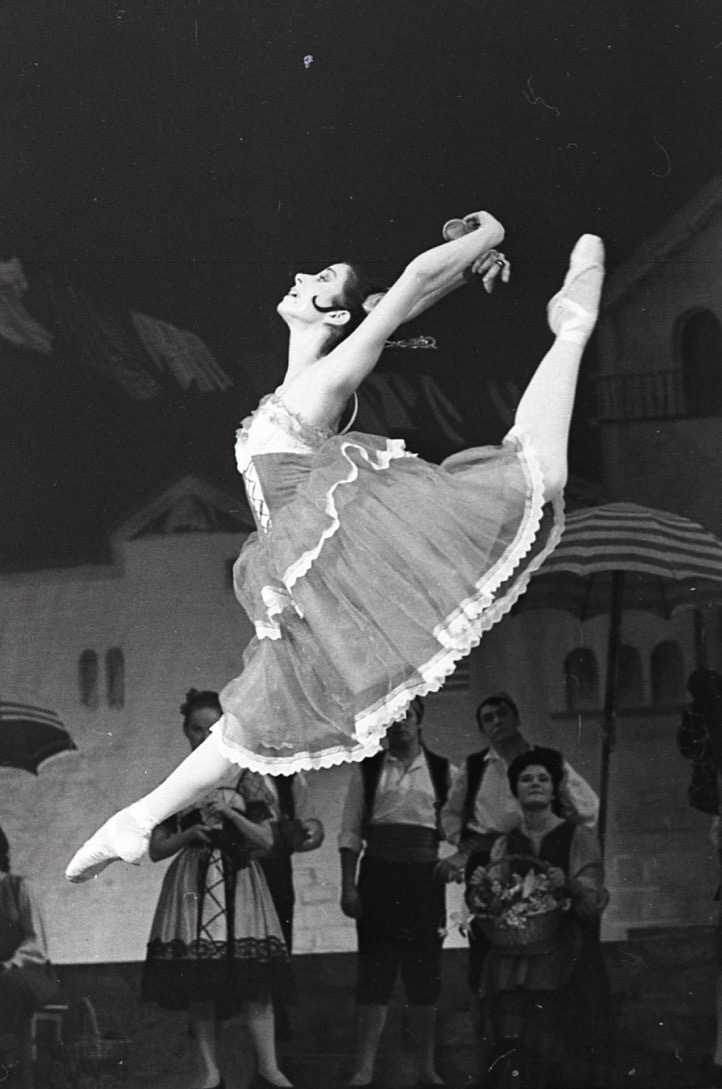
There are also writers that capture the essence of Egyptian life and identity, such as Naguib Mahfouz. If novels are too complicated,you can start with short stories and poetry that can be found here: Summer Read Suggestions: 11 Literary Works by Egyptian Writers.
Help them understand the diversity of Egypt
Understanding the diversity of Egypt can help in widening their perspective and knowledge of the country, one of the oldest in the world. While it is important to know our ancient Egyptian heritage, it is also important to explore other diverse histories and cultures, such as Nubian history, the Sufi traditions and history in Upper Egypt, Greek heritage in Alexandria, and Coptic Christian heritage.
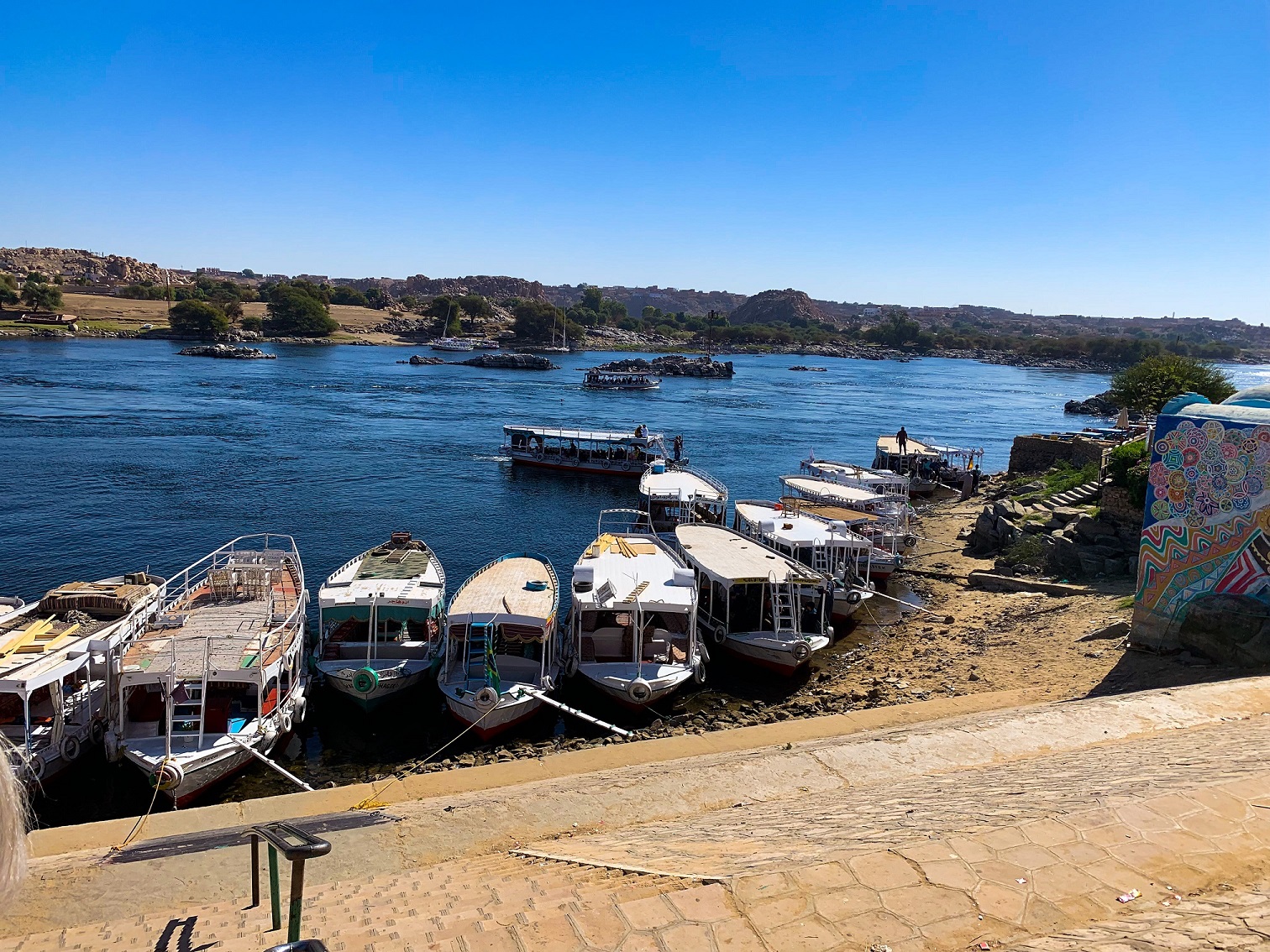
This Egyptian short film for instance captures Sufi traditions and daily life in Egypt’s Humaithara Valley, which is known for its yearly celebration of the Mawlid, or birth, of venerated Sufi Sheikh Abul Hassan Al-Shadhili.
In ‘The Nubian Youth Preserving Nubian Heritage’ video, we explore how organizations like Nubiyouth and NubianGeographi are preserving Nubian heritage through sharing stories of icons, history and music.
Always share family stories and experiences
Stories. Stories. Stories. When we share stories, we share emotion, laughter and real connection.
Egyptians are known to love family gatherings and humour as much as they love their food. Talk about your own childhood stories or the ones told by your parents about their childhoods, and allow them to know even the tiniest details, such as school days, skin and hair rituals by our grandmothers, and how relatives lived during iconic moments in history, such as the October War in 1973 or most recently the 2011 revolution. It is also highly suggested to tell stories about the various neighborhoods that make up the architectural landscapes of the cities, such as Heliopolis, Maadi/Helwan, Zamalek (Cairo), and Shatby, Smouha and Roshdy (Alexandria).
These kinds of stories build familiarity and trust, and continue to stay in our memory because as humans, we love reminiscing about the past and remember it from time to time.
Egypt’s Ministry of Emigration is carrying out various services and activities to extend Egyptian heritage and culture abroad such as the launch of ‘Etkallem Arabi’ mobile application and cultural get-together events, such as the Ministry of Emigration Dialogue Center for Egyptian Students Abroad, as well as trips to Egypt.
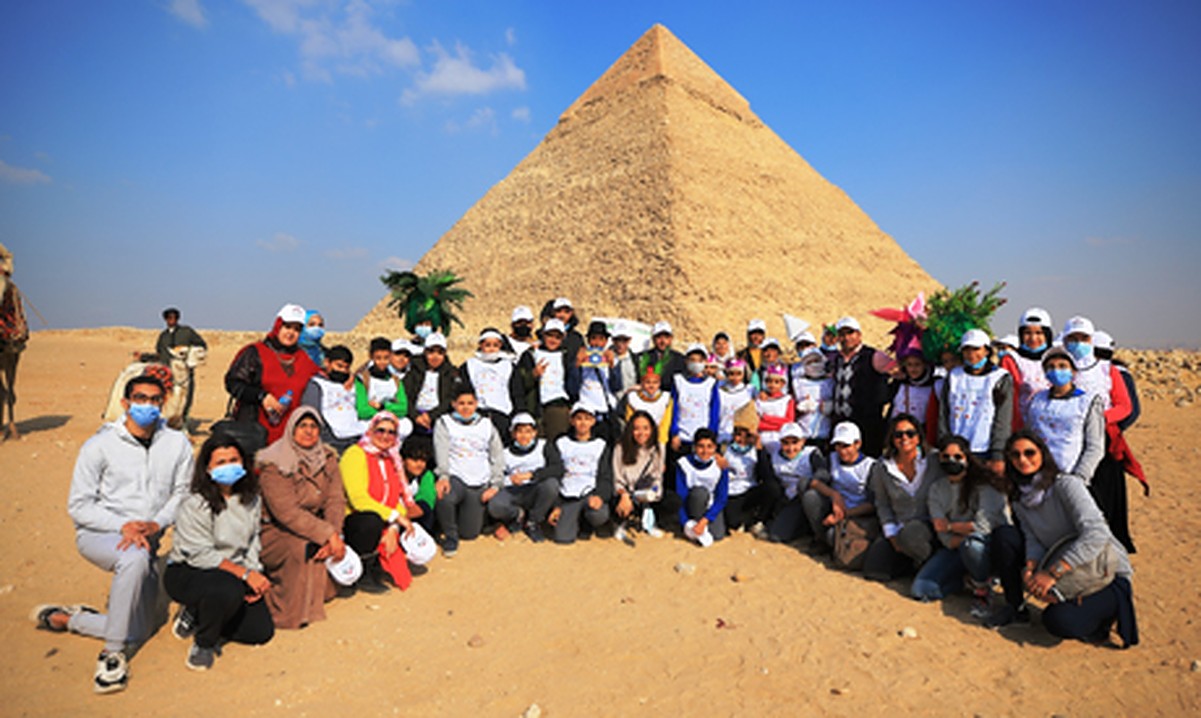

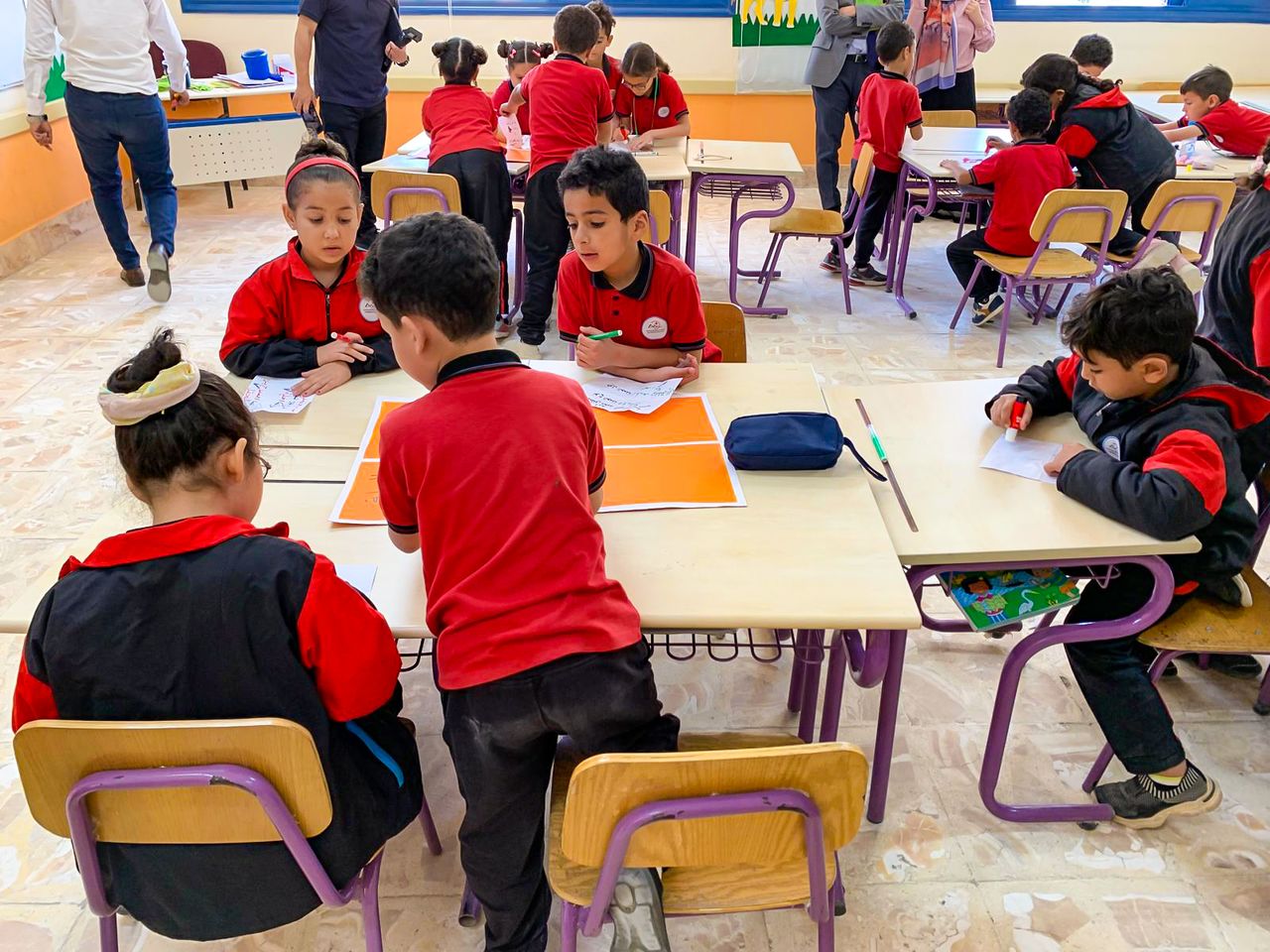


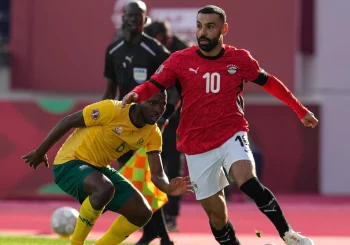

Comments (0)